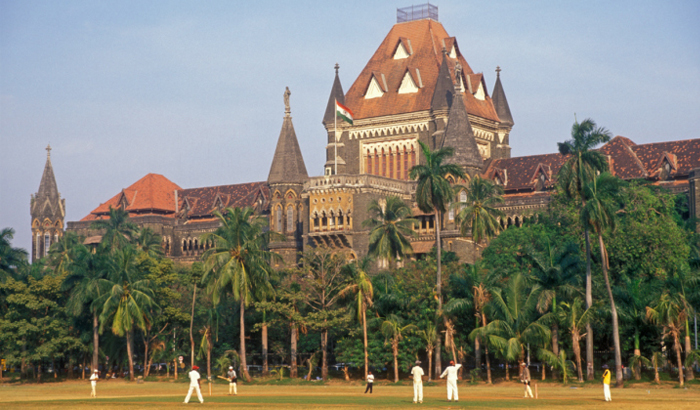Bombay High Court Stays FIR Against Former SEBI Chief Madhabi Puri Buch and BSE Officials
(Judicial Quest News Network)
In a significant legal development, the Bombay High Court has stayed the order of a special court that had earlier directed the registration of a First Information Report (FIR) against former Securities and Exchange Board of India (SEBI) chairperson Madhabi Puri Buch, along with several other prominent officials from SEBI and the Bombay Stock Exchange (BSE). This judicial intervention comes after a special court’s decision to initiate an investigation into allegations involving the fraudulent listing of a company on the stock exchange dating back to 1994.
The court’s order marks a pivotal moment in the ongoing legal battle. The decision to stay the FIR was issued by Justice Shive Kumar Dige, who determined that the special court’s order was passed in a mechanical manner without sufficient scrutiny. Justice Dige noted that the lower court had failed to allow the accused parties the opportunity to present their defense before making its ruling.
The legal proceedings began when Sapan Shrivastava, a journalist, filed a complaint alleging that Madhabi Puri Buch, along with other officials from SEBI and BSE, had colluded to allow the fraudulent listing of Cals Refineries Ltd. on the BSE in 1994. Shrivastava claimed that the listing of the company was illegal, and as a result, he and his family had suffered substantial financial losses. The complaint also accused SEBI and BSE officials of failing to act against the company’s alleged wrongdoings, which Shrivastava argued led to market manipulation.
After hearing the arguments presented by both parties, including Solicitor General Tushar Mehta, Senior Advocates Amit Desai and Sudeep Pasbola, and the complainant’s counsel, Justice Dige concluded that the special court had acted hastily. The judge observed that the lower court’s decision had been taken without a proper examination of key facts, including the passage of time—specifically, the alleged violations occurred over 30 years ago.
SG Tushar Mehta, representing Ashwani Bhatia, a whole-time member of SEBI, argued that the special court failed to consider the fact that the petitioners were not part of SEBI or BSE at the time of the alleged listing in 1994. Mehta further pointed out that the complainant, Shrivastava, had a history of filing frivolous petitions, citing a previous instance where the Bombay High Court had imposed a fine on him for submitting vexatious petitions aimed at extorting public officials.
Senior Advocate Desai, representing Pramod Agarwal, the Public Interest Director of BSE, emphasized that the complainant had misled the court with false allegations, which were not only unsubstantiated but also damaging to the reputation of SEBI and BSE, two of India’s most prominent financial institutions. Desai highlighted that the regulations cited by Shrivastava in his complaint did not even exist at the time the alleged fraud occurred, further undermining the validity of the accusations.
The case gained further attention when Pasbola, representing Madhabi Puri Buch, pointed out that the complainant’s claim of a breach of the Securities Contract Regulation Act (Amendment of 2002) was irrelevant, as the company in question had been listed in 1994, long before these regulations came into force.
In light of these arguments, the Bombay High Court granted an urgent hearing and decided to stay the special court’s order, agreeing to list the case for further proceedings on Tuesday. The court’s ruling indicates a serious reconsideration of the legal validity of the complaint and highlights the importance of procedural fairness in such high-profile cases.
The matter initially came to light when Special Judge S.E. Bhangar, while hearing Shrivastava’s application, had concluded that the complaint disclosed a “cognizable offence,” leading to his decision to direct the Anti-Corruption Bureau (ACB) to register an FIR under the Indian Penal Code (IPC), the Prevention of Corruption Act (PC Act), and the SEBI Act. The judge’s order emphasized the gravity of the alleged offences and called for an impartial investigation into potential regulatory lapses and collusion. The special court had also ordered the ACB to submit a probe report within 30 days.
Despite this initial ruling, the Bombay High Court’s intervention has now placed the case on hold, pending further deliberations on the matter. As the legal battle unfolds, all eyes remain on the upcoming hearings, which could potentially reshape the course of this high-profile case.




